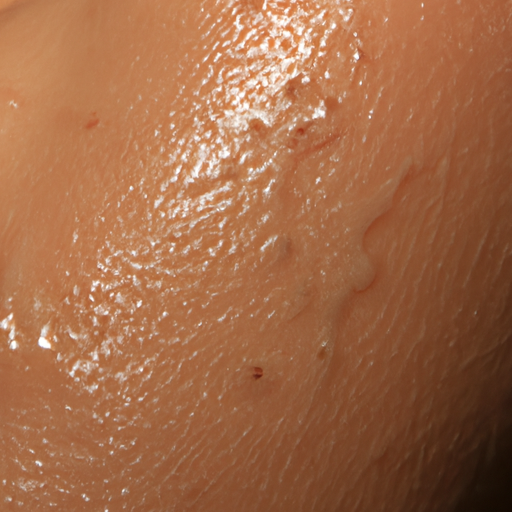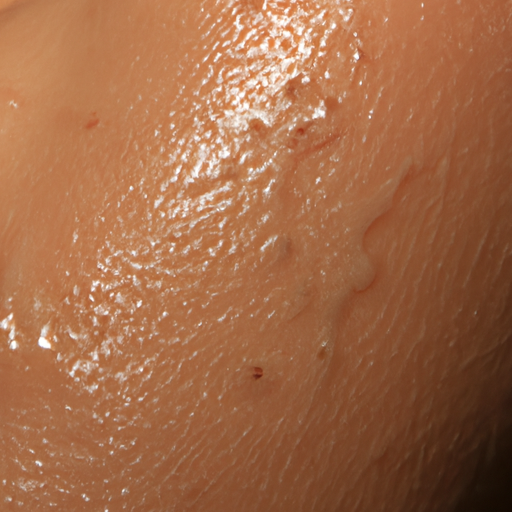As a dermatologist, I’ve encountered countless patients who are struggling with oily skin. The constant shine, the frequent breakouts, and the seemingly endless battle with makeup that just won’t stay put can be frustrating. But fear not, because understanding the causes and finding the right solutions can help you conquer oily skin. So, let’s unmask the secrets to managing this common skin type.
Firstly, it’s essential to understand what causes oily skin. Our skin has sebaceous glands that produce sebum, a natural oil that hydrates and protects the skin. However, when these glands overproduce sebum, it results in oily skin. This overproduction can be triggered by various factors such as genetics, hormonal changes, stress, and even environmental conditions.
Now that we know the cause, let’s delve into the strategies to manage oily skin effectively.
1. Choose the Right Cleanser: Using a cleanser specifically designed for oily skin can help regulate oil production without stripping your skin of its natural oils. Look for ingredients like salicylic acid or benzoyl peroxide, which can help break down excess sebum.
2. Don’t Skip Moisturizer: It may seem counterintuitive to apply moisturizer on already oily skin, but skipping it can actually trigger your skin to produce more oil. Opt for oil-free, non-comedogenic moisturizers that hydrate your skin without clogging your pores.
3. Exfoliate Regularly: Exfoliating helps remove dead skin cells that can clog pores and increase oil production. However, over-exfoliation can irritate your skin and stimulate more oil production. Stick to exfoliating once or twice a week.
4. Use Oil-Free Sunscreen: Sun exposure can trigger oil production and lead to breakouts. Therefore, it’s crucial to protect your skin with an oil-free, non-comedogenic sunscreen.
5. Incorporate a Clay Mask: Clay masks can help absorb excess oil and unclog pores. Look for masks with kaolin or bentonite clay, which are known for their oil-absorbing properties.
6. Watch Your Diet: Foods high in sugars and fats can stimulate oil production. Incorporate more fruits, vegetables, and lean proteins into your diet to help regulate sebum production.
7. Stay Hydrated: Drinking plenty of water can help maintain your skin’s moisture balance and prevent overproduction of oil.
8. Consult a Dermatologist: If your oily skin is causing severe acne or you’re not seeing results with over-the-counter products, it may be time to consult a dermatologist. They can prescribe stronger treatments or medications to help manage your oily skin.
Remember, having oily skin isn’t necessarily a bad thing. It can actually help keep your skin looking younger by naturally moisturizing it and protecting it from environmental damage. The key is to manage the oil production effectively to prevent breakouts and keep your skin healthy.
In conclusion, conquering oily skin is all about understanding its causes and finding the right balance in your skincare routine. It may take some trial and error to find what works best for you, but with patience and consistency, you can certainly manage and even embrace your oily skin.




